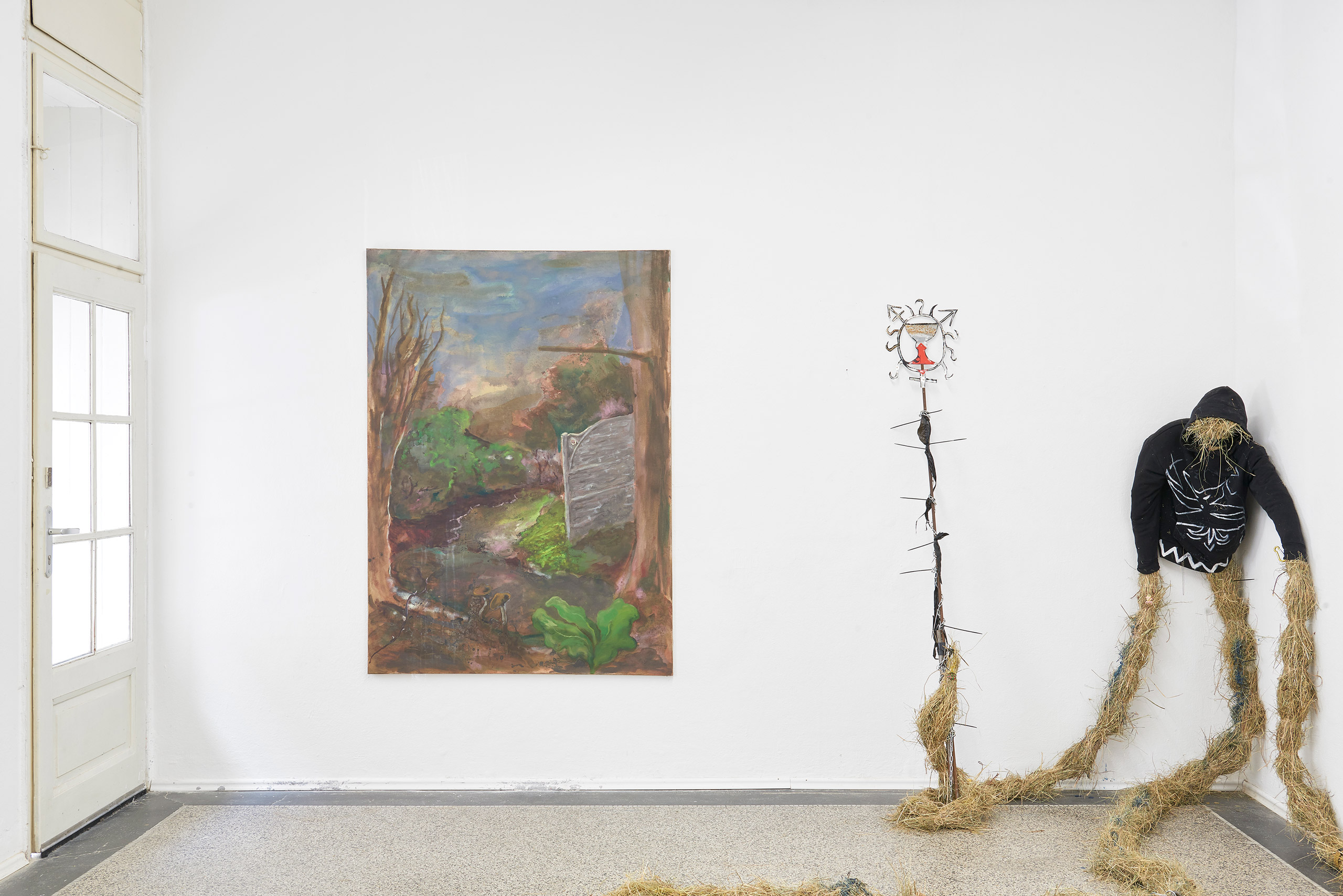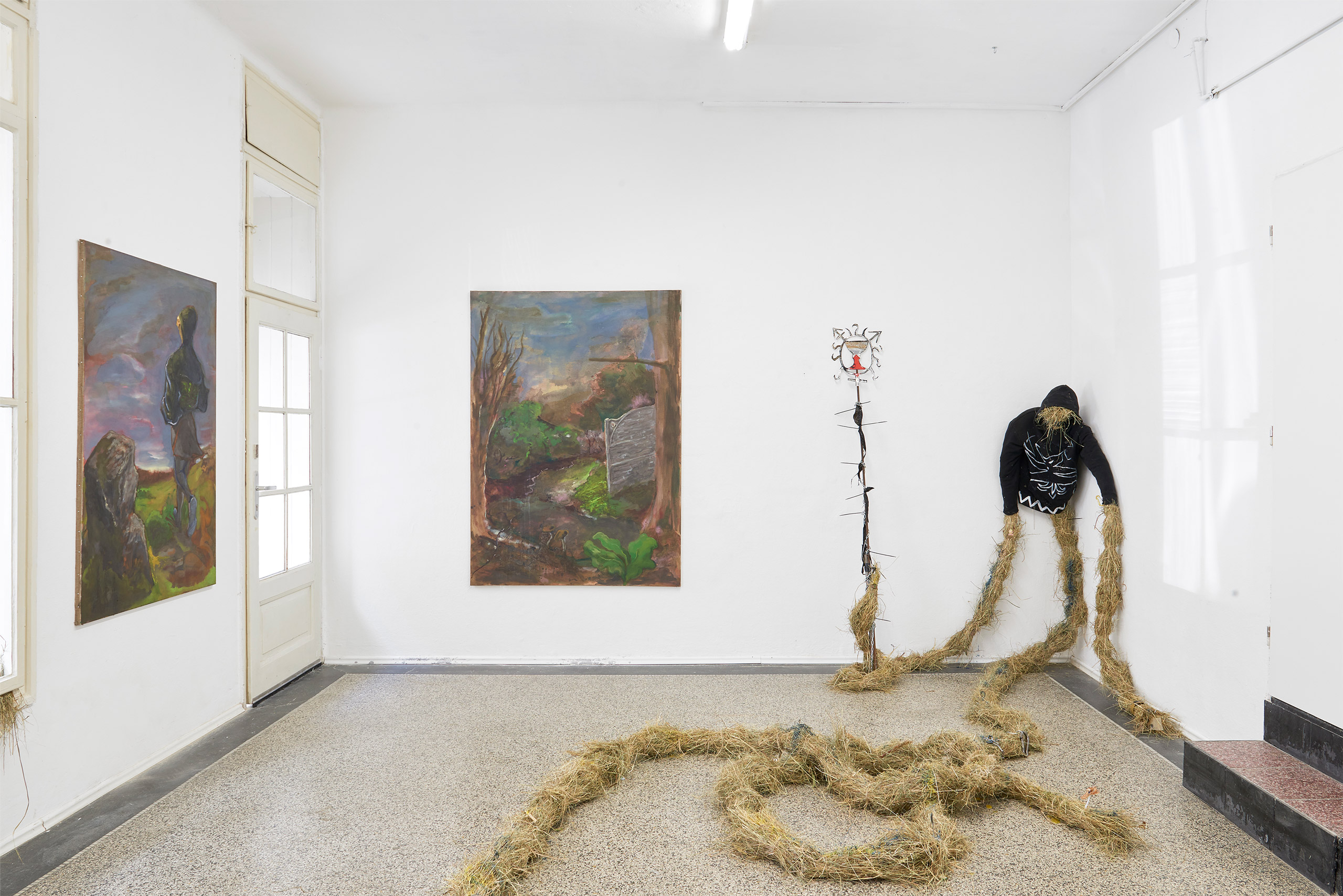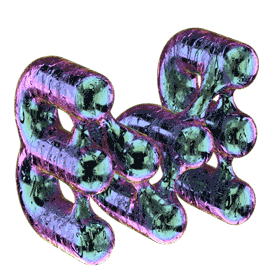























Damned spring
“ Judge for yourself, Signor Aladdin—judge, but do not confine yourself to one trial. Like everything else, we must habituate the senses to a fresh impression, gentle or violent, sad or joyous. There is a struggle in nature against this divine substance,—in nature which is not made for joy and clings to pain. Nature subdued must yield in the combat, the dream must succeed to reality, and then the dream reigns supreme, then the dream becomes life, and life becomes the dream. But what changes occur! It is only by comparing the pains of actual being with the joys of the assumed existence, that you would desire to live no longer, but to dream thus forever. When you return to this mundane sphere from your visionary world, you would seem to leave a Neapolitan spring for a Lapland winter—to quit paradise for earth—heaven for hell! Taste the hashish, guest of mine—taste the hashish.”
–Alexandre Dumas, The Count of Monte Cristo
It all left its mark on us. The compulsive need to escape from the phantoms of the commonplace into the intensely green, flourishing countryside also played a role. It coated us in another layer of falsified memories and stirred up new illusions. The return to familiar waters brings the desire to break free of them, to tread overgrown paths and prune the wild branches. To disrupt the damned spring.
***
In the hallucinogenic substances imported from the colonies, the Romantics of Western Europe found a way to travel, to admire the sublime natural sights and effortlessly become acquainted with faraway lands from the comfort of their armchairs. Along with Baudelaire and Dumas in the “orientally” stylized salon of the Paris Hôtel de Lauzun, where they met to snack on the chartreuse mixture of pistachios, spices, and hash oil, we also have the eloquent example of Thomas De Quincey. He describes an opium user not as a drug addict but rather as an “intellectual creature” for whom opium is a means of renewing the balance disrupted by the malignancy of the social environment. According to De Quincey, opium is an artificial or supernatural means of achieving the bending of time because dreaming can itself dictate the narration of life and upset its own causality. Only he or she who dares to dream can recognize the meaning of experiences from a previous life, whether it’s a return to dark forest paths or open meadows—naturally at the cost of psychological investment. Opium is literally called “portable ecstasy”.
My legs running through the night / Where will they carry me / Animal eyes in the thicket / Peeking through here and there / In the ravines, in the fields, in the undergrowth / Onward through the clearing / The moon floats among the rushes / It stops above my head / Where am I running and from whom / I ask myself / I’m summoning the forest nation / Running, I don’t know where
–Lucie Bílá, “Útěk” [Escape]
While wandering through Damned Spring, one can, as usual, look to reliable helpers for points of reference, in other words historical and locally characteristic afterimages: the ruins of the nearby Marold panorama, that “device of captivation” – Hussite voulges, morning stars, and monstrances appropriated from the nationalist camp and customized for the fortification of Dracula’s castle as normalization-era cottage decorations made out of tin stolen from factories. Overgarments, stuffed with bedding and reinforced with bast rope, are reminiscent of the suffering mannequins in the display in the Špilberk Castle casemate. The contorted figures made from the clothes of straw men shake hands with the painted visions on the canvases of Šimon Kadlčák. The chain-smoking king of the dark elves himself hands me a goblet, as the right-wing singer Lucie Bílá croons in a song setting a Tolkienesque universe in the Czech lands. Similarly, in Štěpán Brož’s image, the concrete panel of a fence, like out of a catalogue of readymade houses, protrudes from a dreamily fairytale scene lifted from some corner of a suburban neighborhood, though he turns his stultified esthetic into mysterious scenery. Against this backdrop, the king of the dark elves invites us to receive communion “under both kinds”. He leads by example in a place which, before the epidemic, was used for communal feasting. Just have a taste.



